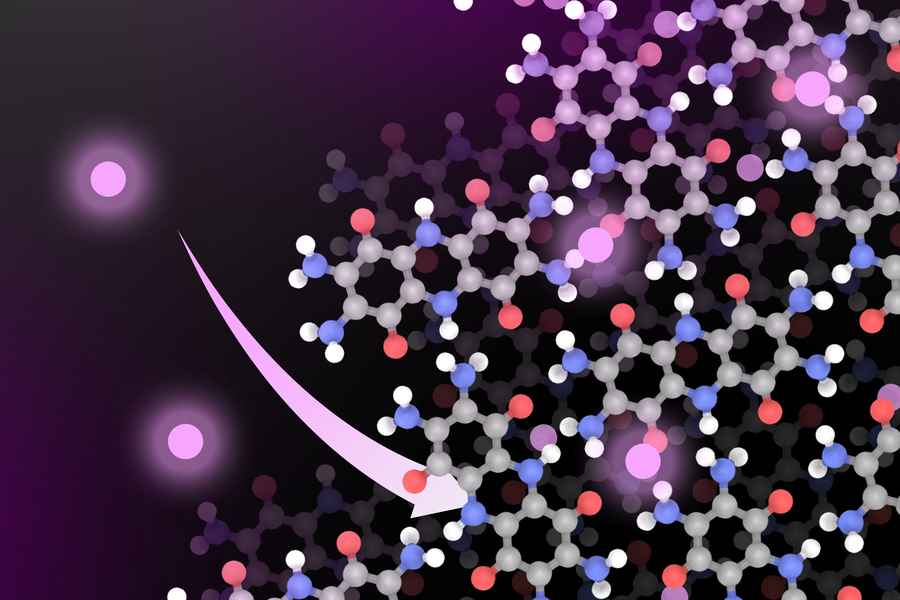As the demand for eco-friendly energy sources rises, lithium-ion batteries play a crucial role. However, their reliance on environmentally harmful cobalt presents challenges. Researchers are exploring a carbon-based cathode as a sustainable alternative, aiming to maintain battery performance. The scarcity and complex mining processes of metals like cobalt hinder the global shift to renewable energy, particularly in transitioning from gasoline to electric vehicles.
Toward a Greener Future:
In a landmark development, MIT researchers have unveiled a cobalt-free cathode material for lithium-ion batteries, potentially paving the way for a clean and affordable electric vehicle future. Cobalt, a crucial but scarce and ethically-fraught element, has long posed hurdles in battery production. This revolutionary advance replaces it with organic compounds, dramatically reducing costs and environmental impact.
MIT’s Game-Changing Innovation: Cobalt-Free Cathode Material
Remarkably, the new batteries match their cobalt-based counterparts in energy density, charging speed, and lifespan. This implies that electric vehicles could not only become more affordable but also more sustainable, mitigating the ecological burdens of cobalt mining. While still in its early stages, this breakthrough carries immense potential to democratize electric vehicles and accelerate the shift towards a greener transportation landscape.
Cobalt-free batteries have the potential to revolutionize the electric vehicle industry by offering lower costs, improved environmental sustainability, and reduced reliance on critical materials. This breakthrough could make electric vehicles more affordable and accelerate the transition to a low-carbon transportation system.







